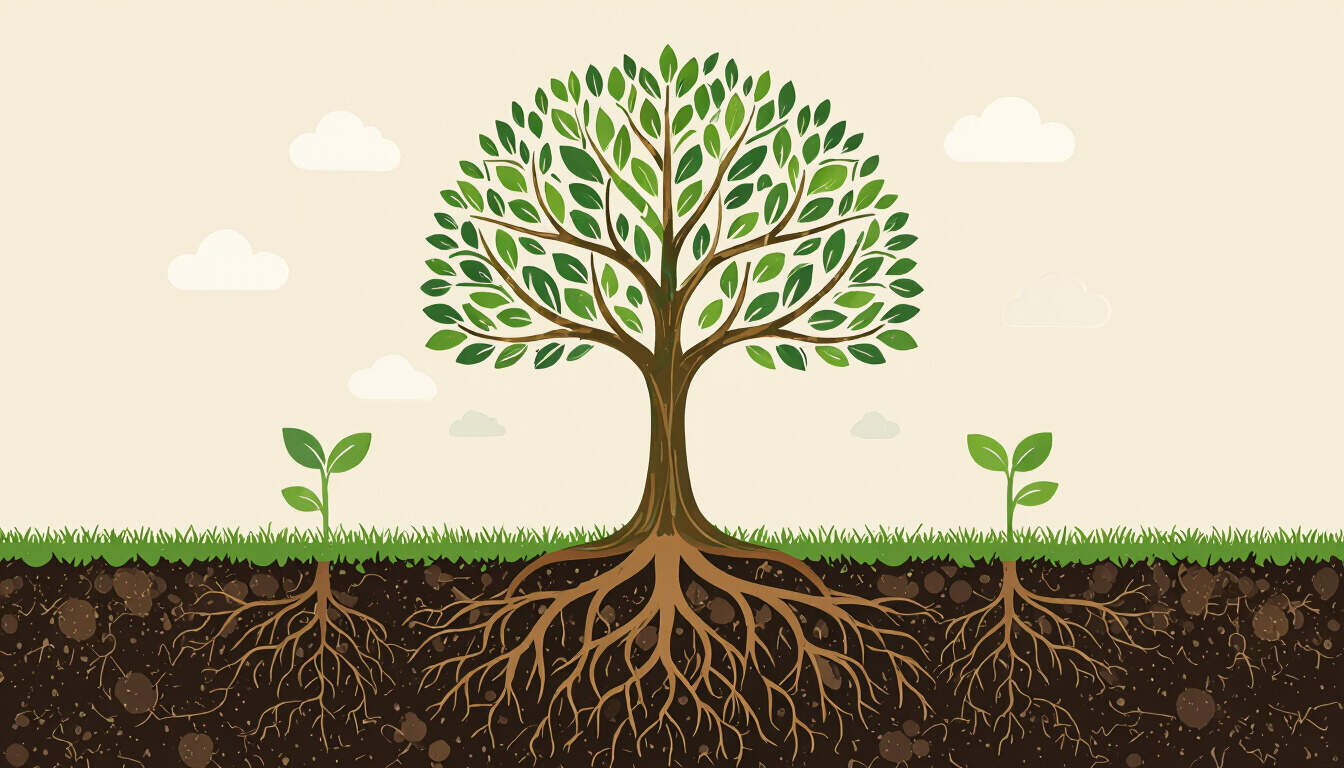Mental Models and Cognitive Development
 by Thaddeus Blanda
by Thaddeus Blanda
Cognitive development shapes how we think and learn throughout life. This article examines key mental models that support growth in psychology and beyond, offering practical insights for professionals and learners.

Cognitive development refers to the process by which individuals build their thinking abilities from infancy through adulthood. This growth influences problem-solving, decision-making, and adaptation to new situations. In the early stages, children begin to form basic mental models that help them interpret experiences.
One important aspect is how mental models evolve over time. For instance, Piaget's theory outlines sequential phases where individuals progress from simple sensory interactions to more abstract reasoning. These phases provide a framework for educators and parents to foster intellectual advancement.
In practice, mental models can enhance learning in various settings. Professionals in business often use these frameworks to analyze market trends and make strategic choices. By applying structured thinking, teams can improve their approaches to challenges and innovate effectively.
Key Elements of Cognitive Growth
To support cognitive development, certain elements play a crucial role. First, environmental interactions stimulate brain functions and encourage exploration. Children who engage with diverse activities tend to develop stronger cognitive skills. Second, social influences, such as peer groups, contribute to building collaborative mental models.
A practical example involves language acquisition, which serves as a foundation for higher-level thinking. Through conversations and reading, individuals expand their vocabulary and conceptual understanding. This process not only aids in communication but also strengthens memory and analytical abilities.
In business contexts, mental models help leaders assess risks and opportunities. For example, adopting a systematic approach to decision-making can lead to better outcomes in competitive environments. Such strategies draw from psychological principles to refine organizational practices.
Applications in Daily Life
Beyond formal education, cognitive development through mental models applies to everyday scenarios. Individuals can use these tools to manage personal goals and overcome obstacles. For instance, setting clear objectives and reflecting on progress builds resilience and adaptability.
Lists can simplify complex ideas. Here are some ways to integrate mental models:
- Regularly practice reflection to evaluate experiences.
- Engage in activities that challenge current assumptions.
- Seek feedback from others to broaden perspectives.
This method promotes continuous improvement and helps maintain mental sharpness. In professional settings, employees who apply these techniques often perform better in roles requiring creativity and critical analysis.
Another angle is the role of technology in supporting cognitive processes. Digital tools provide resources for learning and skill-building, making information more accessible. However, balance is key to avoid overload and ensure meaningful engagement.
Challenges and Strategies
While cognitive development offers many benefits, individuals may face barriers such as distractions or limited resources. Addressing these involves creating routines that prioritize focused activities. For example, dedicating time for deep thinking can enhance concentration and idea generation.
In psychology, research shows that consistent practice leads to lasting changes in cognitive functions. Professionals can benefit by incorporating exercises that target specific areas, like problem-solving or emotional regulation.
Business strategies often rely on cognitive frameworks to drive innovation. By examining patterns in data, companies can predict trends and adjust plans accordingly. This approach fosters a culture of proactive thinking and efficient resource use.
Long-Term Benefits
Over time, nurturing cognitive development through mental models yields significant advantages. Individuals experience improved self-awareness and better interpersonal relationships. In turn, this supports career advancement and personal fulfillment.
For lifelong learners, the key is to remain curious and open to new ideas. Exploring various subjects enriches mental models and encourages interdisciplinary connections. Such habits not only enhance cognitive abilities but also contribute to overall well-being.
In summary, cognitive development through effective mental models provides a pathway for growth in multiple areas. By applying these concepts, individuals can achieve greater success in their endeavors.
